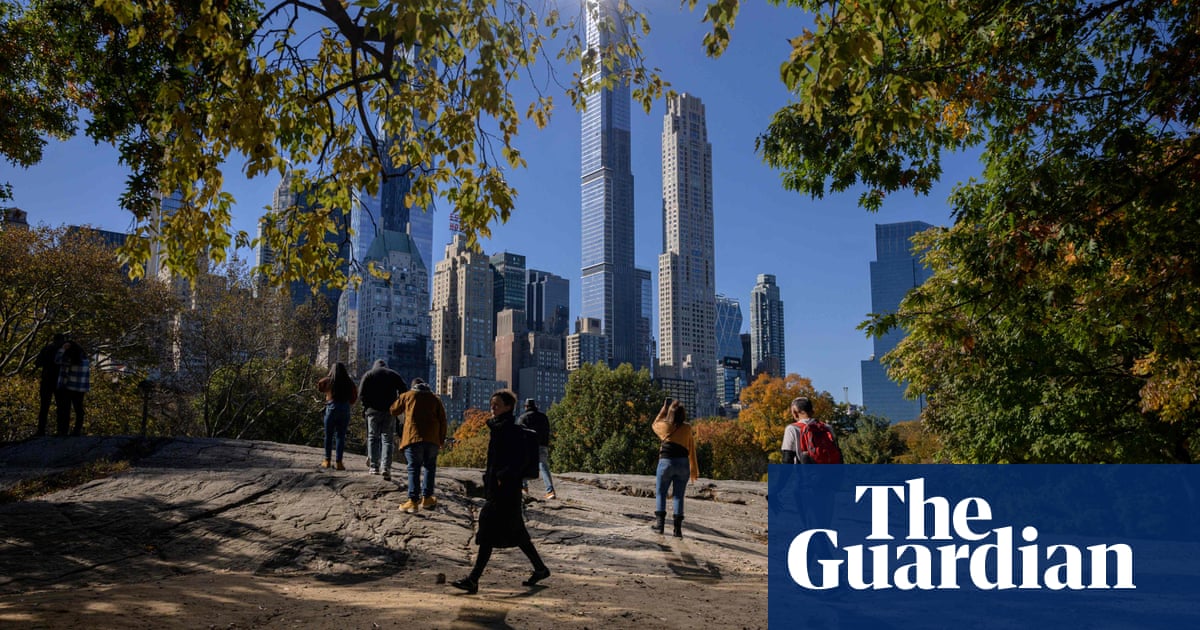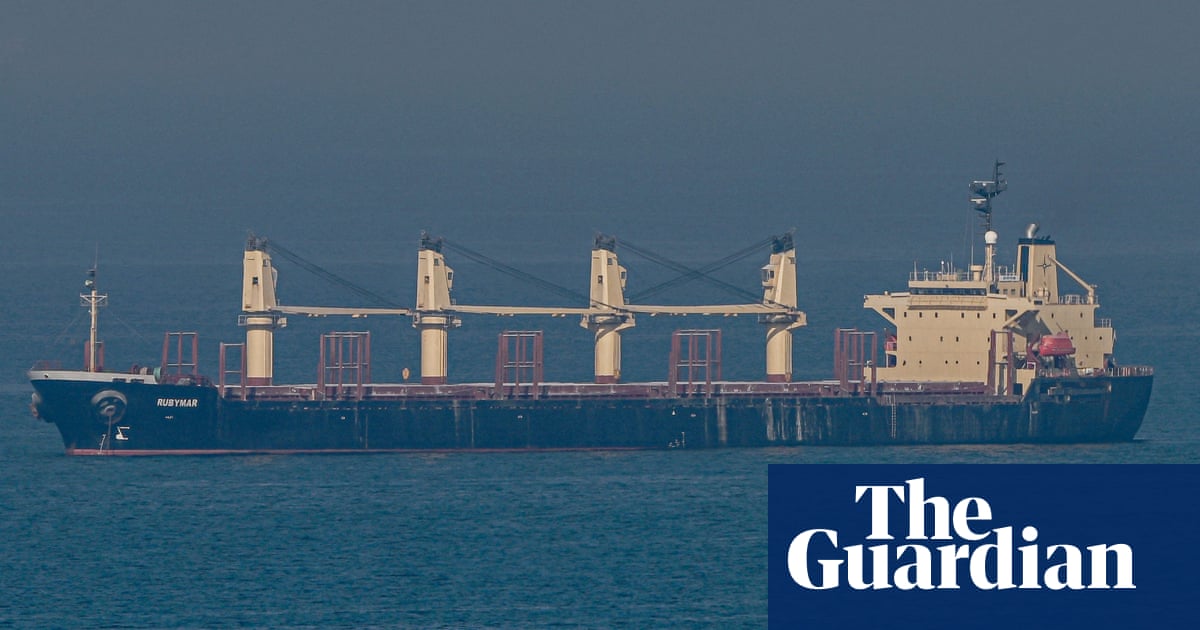
A number of cities on the US east coast are sinking, increasing the risk of flooding from rising sea levels.
Between 2007 and 2020 the ground under New York, Baltimore and Norfolk in Virginia sank between 1mm and 2mm a year, other places sank at double or triple that rate, and Charleston, South Carolina, sank fastest, at 4mm a year, in a city less than 3 metres above sea level.
Some of this subsidence resulted from pumping out groundwater for water supplies or for natural gas, but New York and other cities are sinking under the sheer weight of their buildings pressing into soft ground.
It is a complex situation, in which there are a number of factors at play. After the great ice sheets melted at the end of the ice age, the ground has also been gradually tilting, with northern areas that were under the ice rising upwards while southern areas that were ice-free tilting downwards.
If the ground is sinking and sea levels are rising as a result of climate changes, the risk of seawater inundation along the US east coast is heightened.
Buildings, roads, railways, farmland and much else are under threat, with the risk of seawater infiltrating water supplies and turning woodland into “ghost forests”, and especially vulnerable to subsidence are coastal wetlands, crucial for protecting many cities from storm surges during hurricanes.











